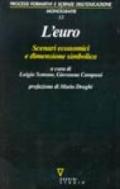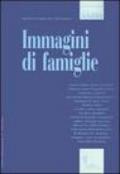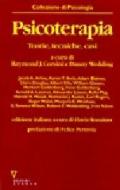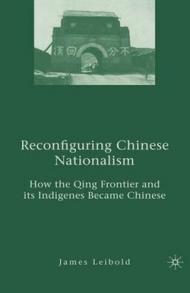
Reconfiguring Chinese Nationalism: How the Qing Frontier and Its Indigenes Became Chinese
James Leibold
Few would question the role that foreign imperialism has played in shaping modern Chinese nationalism. Yet, this nationalism was also formed in dialogue with a more familiar, internal Other--the so-called barbarians of imperial China. By de-centering the nation-state, "Reconfiguring Chinese Nationalism" explores the role of the frontier and its indigenes in fashioning the contours, boundaries, and meaning of modern Chinese identity. Leibold argues that the rugged and sparsely populated frontier regions of the Qing empire proved central rather than peripheral to the process of revolution in modern China. He explores some of the key political and discursive strategies adopted by the Republican state in constructing a more inclusive myth of national belonging, providing important new insights into how China was able to successfully navigate the transition from empire to nation without following other Old World empires into a destructive implosion of competing ethnic sovereignties.
Al momento non disponibile, ordinabile in 3 settimane circa
Dettagli Libro
- Titolo: Reconfiguring Chinese Nationalism: How the Qing Frontier and Its Indigenes Became Chinese
- Autore: James Leibold
- Curatore:
- Traduttore:
- Illustratore:
- Editore: Palgrave MacMillan
- Collana:
- Data di Pubblicazione: 2007
- Pagine: 00271
- Formato:
- ISBN: 9781403974792
- Non catalogati - Non catalogati
Libri che ti potrebbero interessare
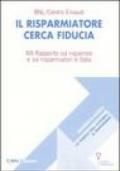
Il risparmiatore cerca fiducia. 19° rap...
A. Beltrami

Fine della modernità?
A. Melucci
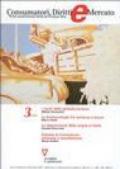
Consumatori, diritti e mercato. 3.
F. Silva

Il secolo della conoscenza. Metafisica, ...
Cristina Zaltieri
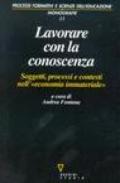
Lavorare con la conoscenza. Soggetti, pr...
A. Fontana

Studi di storia della grande impresa in ...
Anna Maria Falchero, A. Maria Falchero

La solidarietà organizzativa
Varchetta Giuseppe
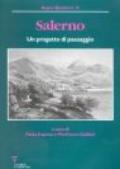
Salerno. Un progetto di paesaggio
P. Capone, P. Galliani


